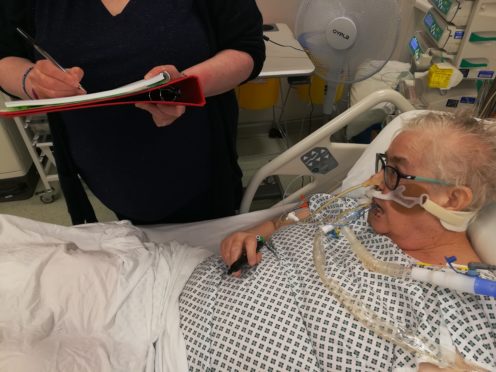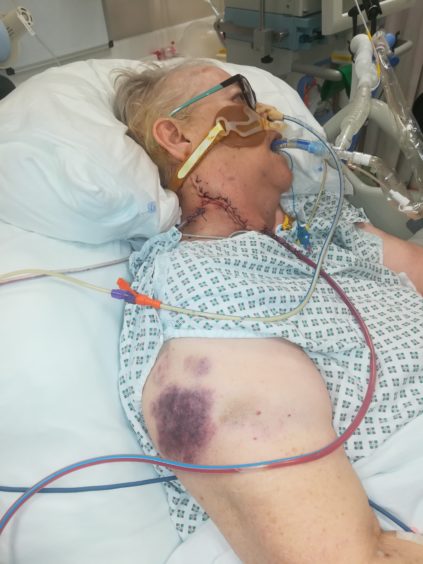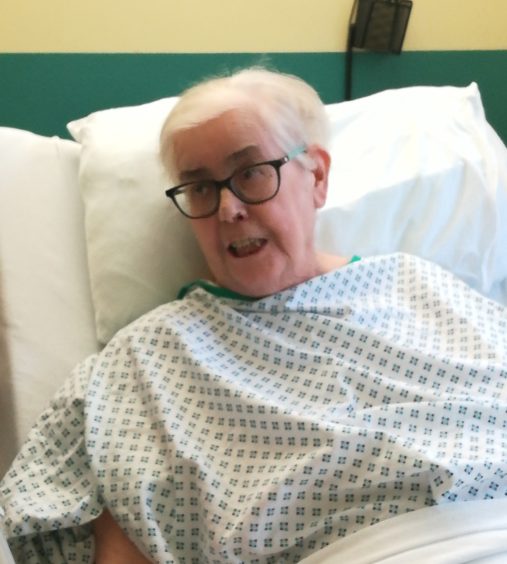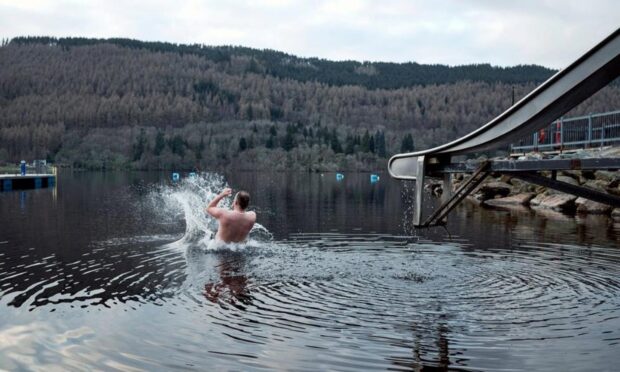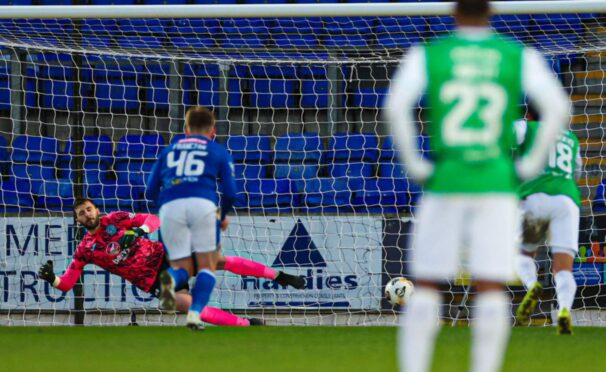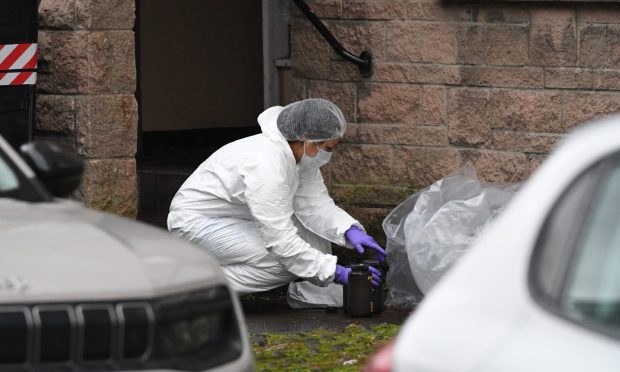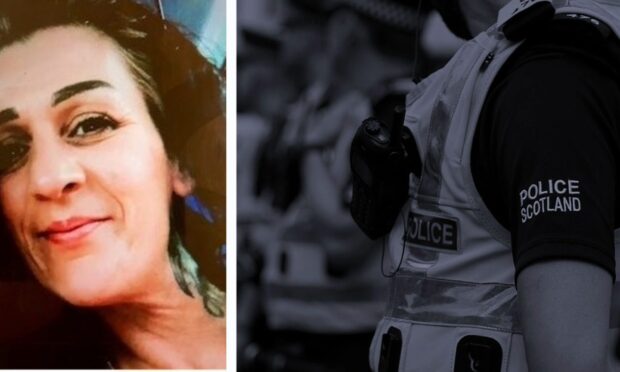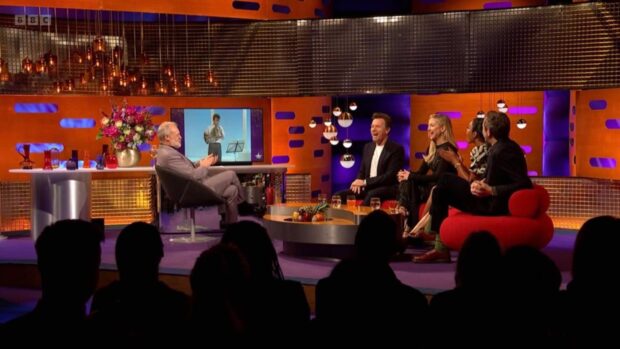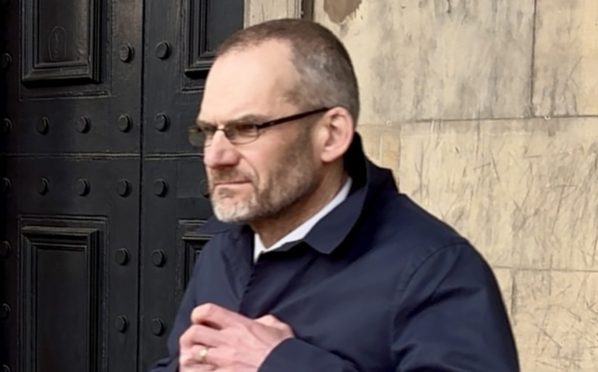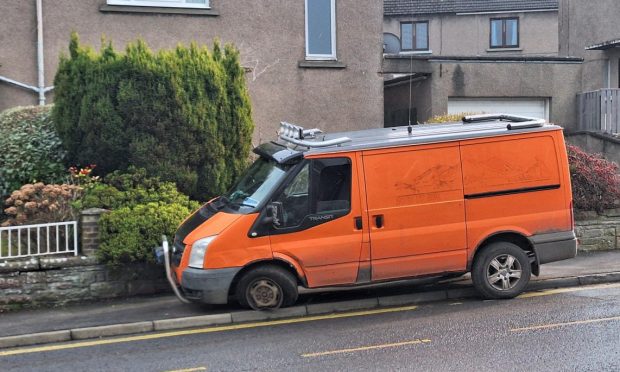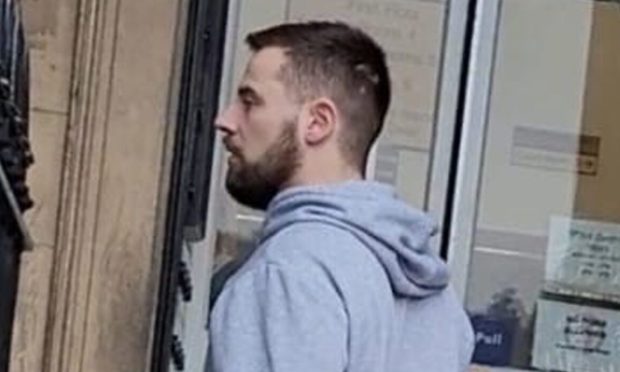The last few weeks have not been a barrel of laughs.
Day after day my sisters and I have trekked up to Ninewells Hospital to visit mum after she was struck down with a mystery illness.
Our inconvenience was obviously as nothing to the hell she was enduring as she slipped in and out of consciousness.
The initial alert came just hours after she laughed off losing a couple of quid on her yearly bet on the Grand National.
The ambulance arrived and black humour took over as we nervously made our way to the emergency department at Ninewells, where mum was placed in a private bay, assessed and whisked up to the general admissions ward.
But what initially looked like being a relatively short stay turned into a month-long haul (and counting).
A deep-seated infection decided to rear its ugly head and the real medical rollercoaster began.
From ward to theatre to intensive care (ICU) to high dependency and back to the ward she went.
A few days’ rest and the cycle began again – back to ICU, back to theatre and, eventually, back to the ward.
I make no bones about it – it is terrifying to watch a loved one going through the mill.
There were moments when mum was sailing so close to the wind you could practically feel the gust rushing along the hospital corridor.
But she is strong and thrawn and is now recuperating after a mighty fight.
But that’s a battle she did not have to fight alone.
Every step of the way she had a dedicated team of carers at her side that helped her through.
There was the ward nurse whose diligence and professionalism saved her life when her airway collapsed in the middle of the night.
There was the anaesthetist who managed to perform an emergency intubation against the odds.
There were the surgeons and theatre staff with the knowledge and skills to perform life-saving surgery on a woman with a complex medical background.
And then there were the incredible doctors and nursing staff in ICU, whose dedication, skill, good humour, unflappability and patient-orientated care made what was a long road ahead seem much shorter and less bumpy than it otherwise might have been.
And sandwiching at both ends were the incredible ear, nose and throat and oral-maxillofacial teams who put mum on the road to recovery.
NHS Tayside has its detractors and for much of the past few years it has seemed like it needed as much care as the patients which are wheeled through its doors.
But we should be grateful that when our hour of need comes – and it will – the NHS is ready and willing to help.
